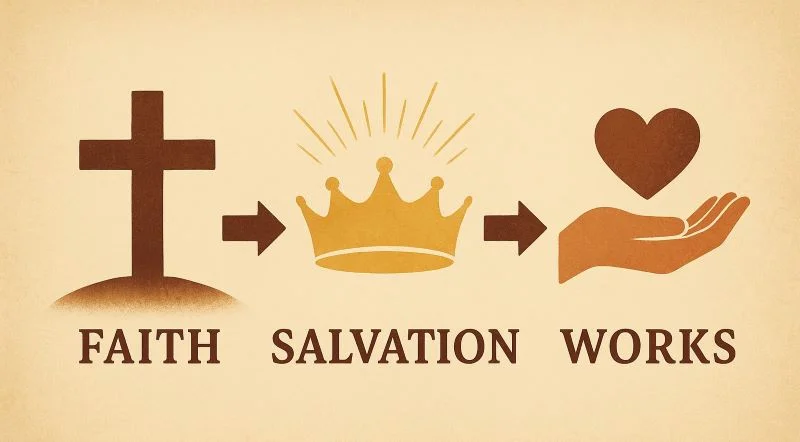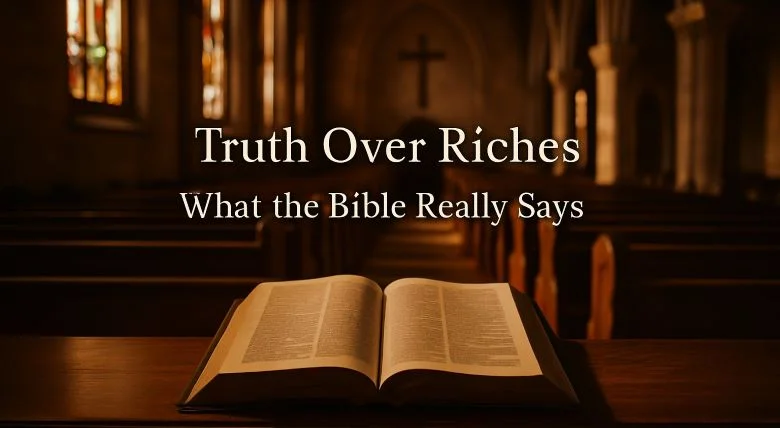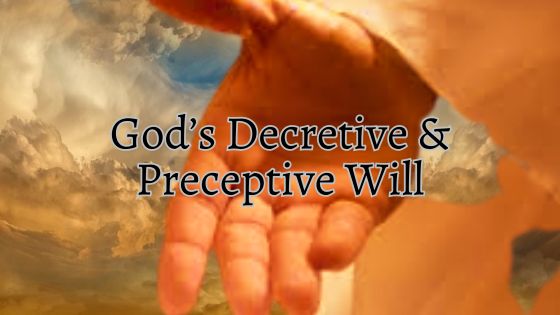The Doctrine of Original Sin: Meaning and Theological Implications
A Relatable Beginning: Why Do We Struggle Even When We Want to Do Good? You wake up determined to respond with patience. You pray for wisdom. You genuinely want to honor God in your words and actions. Yet before the day is over, frustration surfaces. Pride creeps in. A sharp word slips out. A familiar temptation reappears. … Read more










